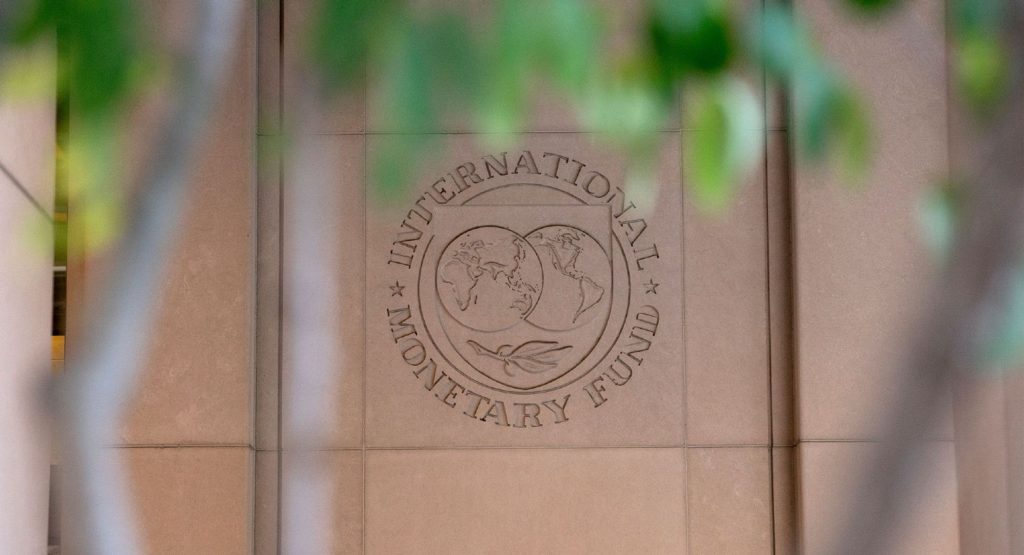The Maldives has declared that it does not require an International Monetary Fund (IMF) bailout, describing its current financial challenges as temporary. Foreign Minister Moosa Zameer stated on Friday night that the Indian Ocean archipelago, renowned for its luxury resorts and high-profile visitors, is managing its debt obligations through planned tax increases.
Zameer, who was visiting Sri Lanka with Finance Minister Mohamed Shafeeq to meet local central bankers and officials, emphasised that the Maldives is not considering engaging with the IMF at this time. “The issues we are facing are temporary and mainly due to a dip in reserves,” Zameer told reporters in Colombo.
To address liquidity concerns, the Maldives is implementing tax reforms and streamlining state-owned enterprises. Zameer also highlighted the support from bilateral partners, particularly China and India, which are the country’s largest lenders.

President Mohamed Muizzu, who assumed office a year ago, campaigned on the promise of strengthening relations with China and removing a small contingent of Indian troops stationed in the Maldives. Since then, relations with both nations have improved, with Zameer noting that the Maldives has a fantastic bilateral relations with China and India.
China has continued to provide development funding, which Muizzu thanked during a state visit to Beijing shortly after his election. Official figures show that the Maldives’ foreign debt was $3.37 billion in the first quarter of this year, about 45 percent of its gross domestic product, with China and India holding significant portions of this debt.
The announcement comes shortly after Moody’s Ratings downgraded the Maldives’ credit rating to Caa2, indicating a high credit risk. Fitch also downgraded the country in June, citing concerns over dwindling foreign currency reserves and significant debt servicing obligations, which total $409 million this year.

